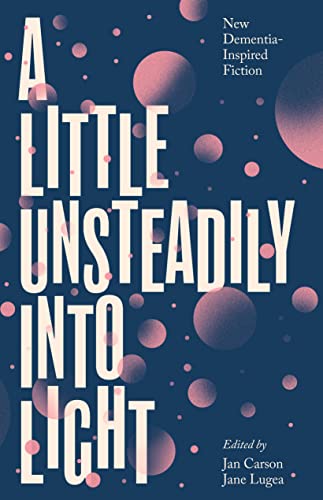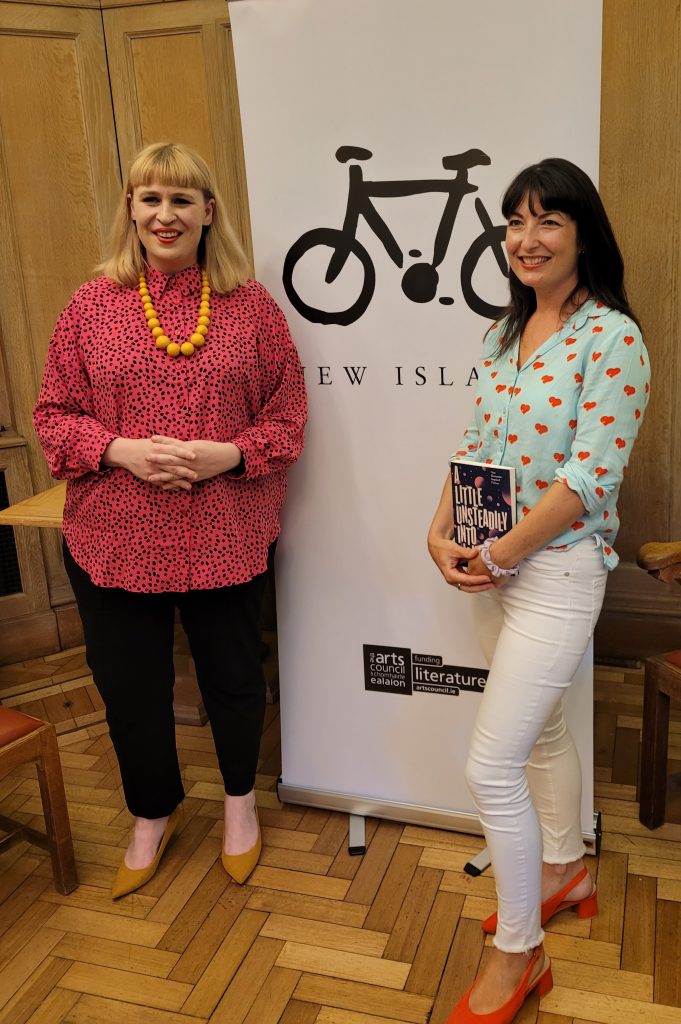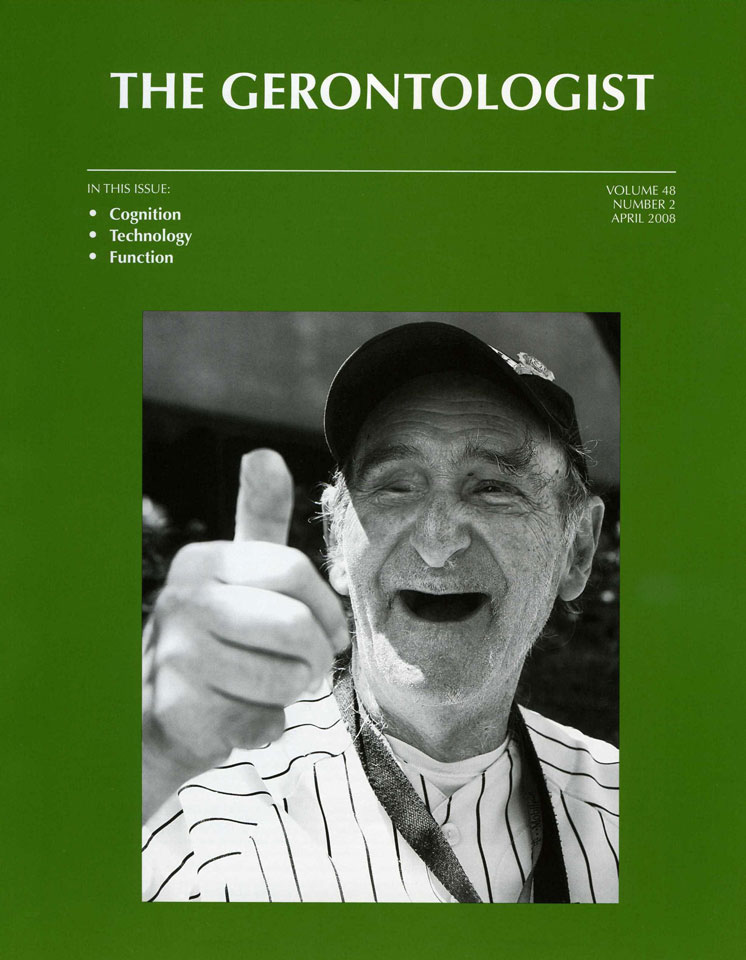
A Little Unsteadily into Light… and out into the world, one year on.
Just over a year ago, we published an anthology of new writing about dementia, commissioned and edited by Jan Carson and Jane Lugea (New Island press, 2022). To mark the anniversary of its publication, this blog post reflects on its origins, compilation and afterlife.
Origins:
As part of the research project described on this website, ‘Dementia in the minds of characters and readers’, we explored existing representations of dementia in fiction, finding that it was generally portrayed in white, middle-class ladies. Our project also explored the ways language is used to simulate the symptoms, inviting readers to better understand and empathise with the lived experience. Based on these findings we set out to produce an anthology of new writing about dementia, as socially and culturally diverse as those affected by it.
Jan hit upon the title for our collection, A Little Unsteadily into Light, inspired by a stage direction in Samuel Beckett’s Krapp’s Last Tape; although his play is not purportedly about dementia, it explores relevant themes of memory, ageing and identity.
Compilation:
Jan set to work on bringing together an impressive range of diverse contributors. Keen to support emerging writers, Jan and Jane hosted Creative Writing workshops with an assemblage of new talent, Jan imparting her professional craft and Jane her linguistic research.
“The workshop […] made me realise how much I didn’t know. Since then I’ve immersed myself in material, both factual and fictional, about the different forms and experiences of dementia. I’ve come away more convinced than ever of the importance of your project! I’ve also become a dementia friend which is great. It’s been an eye-opening experience for me and one that will definitely shape and inform my writing from now on.”
Participant in the Creative Writing workshop, November 2021.
Participants were invited to submit work arising from the workshop, and two were selected to be mentored by Jan in developing a contribution to the anthology. These emerging writers were in good company: the anthology also includes contributions from eminent authors, such as Sinéad Gleeson, Caleb Klaces and Nuala O’Connor. Many of the contributors were motivated to write about dementia based on their own experience of loved ones with the condition. The short stories are bookended with a Foreword from Jan on how to write about dementia ethically, and an Afterword by Jane on how literary language gives a window the condition (free download of Jane’s ‘Afterword’ below and on her QUB webpage).
“There is great variety in these nine fictions, not only in the character and degree of agency of the dementia sufferer [sic.], but in the degree to which the reader is challenged by the form.“
David Butler, Books Ireland Magazine.
Afterlife:
An anthology on dementia fiction might be a hard sell – but as one reviewer put it “although the theme is around suffering these stories have their lighter moments” and “every story here is worthy of its place” (Anne Cunningham, The Meath Chronicle). We were all delighted when Nuala O’Connor’s contribution “This Small Giddy Life” went on to win Irish Short Story of the Year Award. Perhaps better than any critical or industry acclaim is knowing the impact that the opportunity had on our emerging writers. Anna Jean Hughes’s contribution to the anthology is a real reflection of the language tricks that Jane’s research identified and imparted. Anna Jean credits the opportunity with kickstarting her career as an author, contributing to the development of her first novel, and being signed with a literary agent.
“I have learned the value of clarity in the language I choose to tell stories as well as the importance of the choices I make as a writer. I have also learned the responsibility on all writers to write honestly and respectfully when tackling sensitive subjects such as dementia. I am braver now in my choice of subject for a piece, as I feel I have a wider set of tools that I can employ to tackle more difficult subjects with the kind of language that reflects sensitivity, honesty and respect.”
Chris Wright, workshop participant, writing mentee and contributor to the anthology
As A Little Unsteadily into Light continues to share its truths about dementia with our readers, royalties from every copy purchased go to the charity we’ve worked with throughout, Dementia NI.

